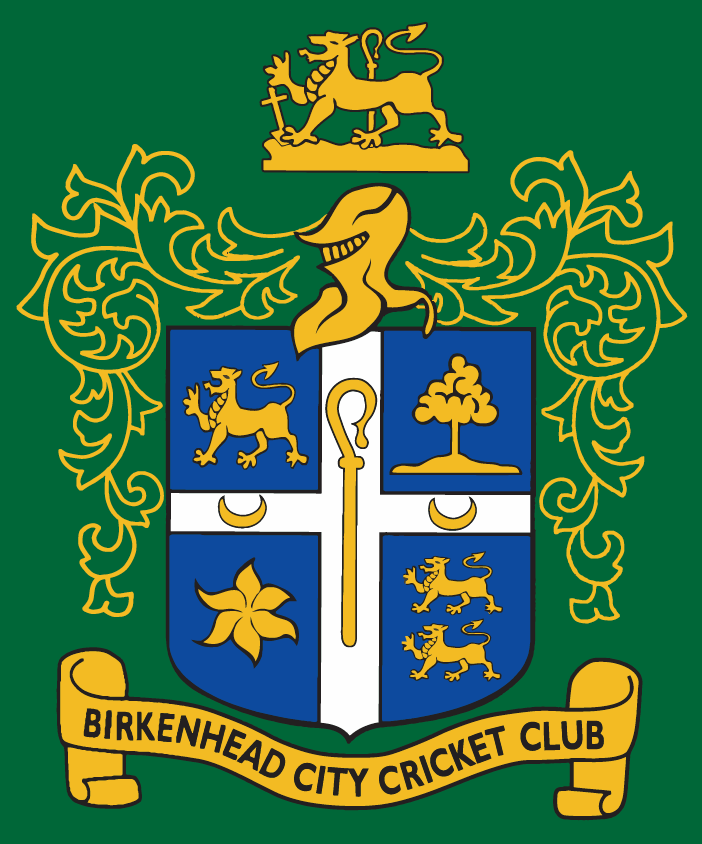CODE OF CONDUCT SENIOR PLAYERS/COACHES
RESPONSIBILITY OF CAPTAINS
The Captains of both teams are responsible at all times for ensuring that play is conducted within the Spirit of the Game as well as within the Laws.
Players’ and Coaches Conduct
In the event of any Player or Coach failing to comply with the instructions of an Umpire, criticising his decisions by word or action, or showing dissent, or generally behaving in a manner which might bring the game into disrepute, the Umpire concerned shall in the first place report the matter to the other Umpire and to the Player’s Captain requesting the latter to take action.
Fair and Unfair Play
According to the Laws the Umpires are the sole judges of Fair and Unfair Play. The Umpires may intervene at any time and it is the responsibility of the Captain to take action where required.
The Umpires are authorised to intervene in cases of:
- Time Wasting
- Damaging the pitch
- Intimidating bowling
- Tampering with the ball
- Any other action that they feel to be unfair
The Spirit of the Game involves RESPECT for:
- Your opponents, their manager/coach, supporters and club officials
- Your own captain, your own team, manager/coach, supporters and club officials
- The role of the Umpires
- The game’s traditional values
It is against the Spirit of the Game:
- To question an Umpire’s decision by word or gesture
- Indulge in cheating or any sharp practice, e.g.
- appeal, knowing that the Batsman is not out
- advance towards an Umpire in an aggressive manner when appealing
Distraction and Harassment
It is not acceptable to seek to distract an opponent either verbally or by harassment in any way, including with persistent clapping or unnecessary noise under the guise of enthusiasm and motivation of one’s own side.
Violence
There is no place for any act of violence on the field of play.
Consumption of Alcohol and Illegal Substances
The consumption of alcohol and illegal substances by players/coaches participating in the game in progress will not be tolerated and any breaches will be severely punished. This includes when you are not batting and play has not concluded i.e. you are out or waiting to bat.
Overall Conduct
Players, Coaches, Captains, Managers and Umpires together set the tone for the conduct of a cricket match and every player is expected to make an important contribution to this.
SENIOR PLAYER AND COACH/MANAGER BEHAVIOUR
Traditionally, cricket has maintained the highest levels of conduct and sportsmanship. While always a competitive game, the continued strength of the sport relies upon the acceptance of the Umpire’s decision and the preparedness to play within the spirit of the game.
The following areas are highlighted as not acceptable at BCCC:
- the use of offensive language – generally as a disparaging remark to an opposing player, your own players, coaches, officials or toward an Umpire, or even as an expression of frustration or self-admonishment. This includes racial vilification (any act that is reasonably likely to threaten, disparage, vilify, offend, insult, humiliate or intimidate another person or group based on race, religion, descent, colour or national or ethnic origin).
- the questioning / disputing of the Umpires decision – often in an aggressive manner or sarcastic manner. This applies equally to dismissals and unsuccessful appeals as to the judgement of calls on no-balls, wides, byes, etc.
- the excessive number of frivolous and ridiculous appeals – primarily aimed at pressuring and intimidating the Umpire into a favourable decision.
- the actions of the dismissed batsman – in failing to leave the crease promptly on being given out and any equipment abuse (e.g. banging the bat into the ground or against the fence or race, etc. and/or throwing the bat or equipment during or after his return to the pavilion).
Whether or not such behaviour is evident in higher levels of cricket or whether the language used is considered acceptable by today’s society is of little concern to BCCC. BCCC is primarily interested in having all cricket under its control played within the spirit and traditions of the game. BCCC has two processes for the reporting and consideration of unsatisfactory behaviour:
- Serious breaches of misbehaviour will see the player/coach immediately reported by the Umpire(s) controlling the match.
- For less serious breaches where an Umpire has occasion to speak to a player/coach regarding his behaviour, but does not believe a report is necessary, the incident will be noted on the Umpires Match Report. Should a player/coach be noted on the three such Reports during the season, he may be called to appear before the BCCC Disciplinary committee to explain this behaviour.
IN BOTH INSTANCES, SHOULD A PLAYER/COACH BE FOUND GUILTY OF AN ACT OF MISCONDUCT, THEY SHALL BE LIABLE FOR A SUSPENSION AS DETERMINED BY THE BCCC COMMITTEE.
The recruitment and retention of Umpires is made increasingly difficult by the regular unacceptable levels of player/Coach conduct. Few people are willing to continually subject themselves to the childish behaviour and offensive language on and beyond the cricket field.
All players/coaches can certainly play a role in raising the general standard of umpiring and the level of experience of cricket by lifting their personal level of behaviour and permitting the Umpires to concentrate on those aspects of the game for which they are responsible. All umpires will be requested to take a firm line with respect to player/coach misconduct especially with regard to the use of offensive language and the disputation of any decision.
ALL PLAYERS, MANAGERS/COACHES SHOULD BE AWARE OF THE STANDARDS EXPECTED BY BCCC AND CONSEQUENTLY ANYONE CALLED TO APPEAR BEFORE THE BCCC COMMITTEE CAN EXPECT LITTLE SYMPATHY AND, IF FOUND GUILTY, A PERIOD OF SUSPENSION.

